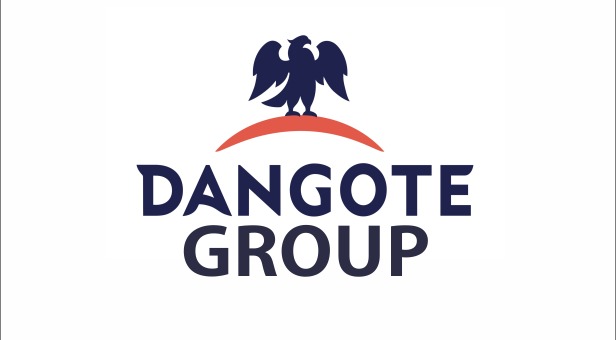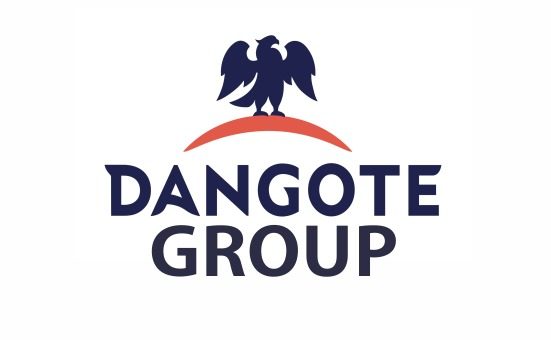Lagos, Nigeria | September 17, 2025
Private depots in Lagos and nearby coastal areas were largely deserted on Monday following the commencement of direct petrol sales by the Dangote Petroleum Refinery to oil marketers. The move, analysts say, is set to significantly reshape the landscape of Nigeria’s downstream oil sector.
Industry sources confirmed that marketers who previously relied on middlemen and private depots for fuel supply have now begun lifting products directly from the 650,000 barrels-per-day refinery in Lekki, Lagos. The development has not only disrupted patronage at depots but also heightened competition in pricing and supply chains.
Marketers noted that the refinery’s decision to bypass depots offers a more cost-effective channel, eliminating extra charges often passed down to consumers. “By cutting off third-party depots, we expect a more transparent system that could help stabilise pump prices in the long run,” a senior marketer said.
The shift comes amid ongoing concerns about fuel scarcity, rising distribution costs, and pricing volatility across the country. Dangote Refinery’s direct engagement with marketers is expected to reduce supply bottlenecks and ensure more efficient distribution.
However, some depot operators expressed worry about their dwindling relevance, warning that the policy could affect jobs and investments in the private storage sector. “Many depots may struggle to survive if marketers continue to abandon us for direct supplies,” one operator lamented.
Economists believe the new arrangement could help the Federal Government’s efforts to reduce reliance on imported refined products and stabilise the downstream market. But they caution that issues such as transportation logistics, retail pricing, and regulatory oversight will determine how beneficial the shift becomes for ordinary Nigerians.
The Dangote Petroleum Refinery, Africa’s largest single-train refinery, has been described as a game-changer for Nigeria’s energy security, with expectations that its operations will cut fuel import bills and strengthen the naira through reduced forex demand.

